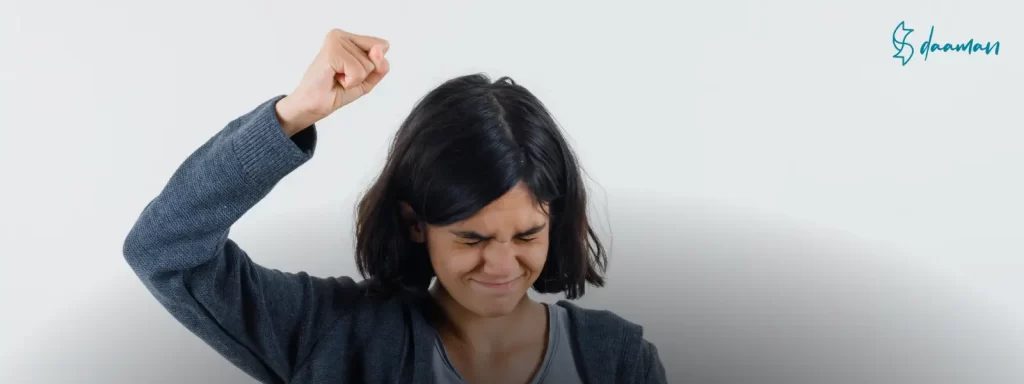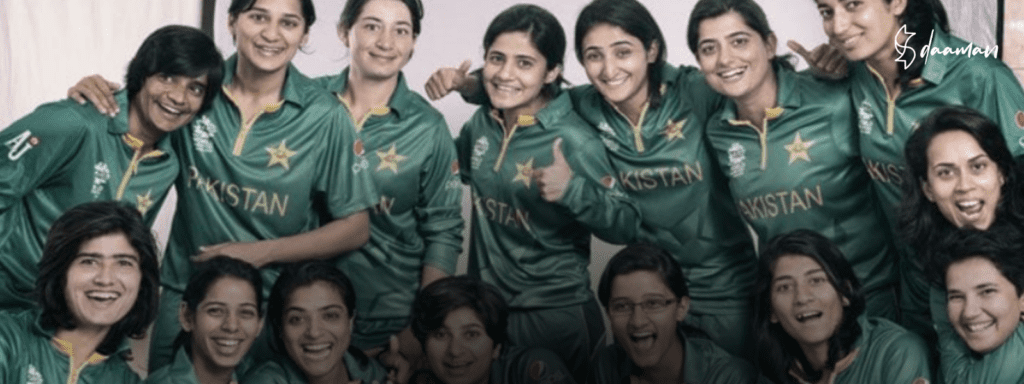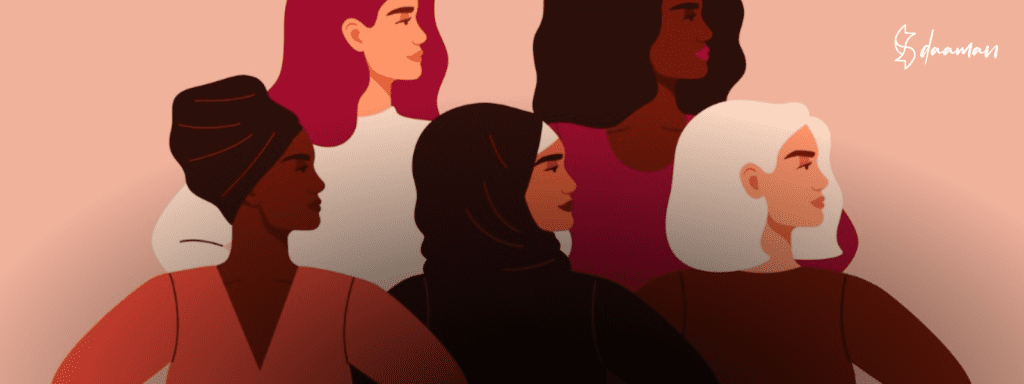Palestinian Men Amidst the 2023 Israel-Palestine Conflict
In the tumultuous landscape of the Israel-Palestine conflict, where the spotlight often falls on the plight of women and children, the silent suffering of Palestinian men remains overlooked. The mental and emotional toll on these men, who are expected to bear the brunt of war and hardship, is a story that deserves attention and recognition. Image Source: nbc.com As the conflict rages on, the resilience and courage of Palestinian men are overshadowed by the urgent focus on the vulnerabilities of women and children. The societal expectation that men should stoically endure the challenges of war often leads to the neglect of their mental and emotional well-being. The burden they carry is not only physical but extends to the psychological scars etched by the continuous cycles of violence. In the chaos of conflict, the emotional health of Palestinian men is often relegated to the background. The constant fear of airstrikes, the loss of loved ones, and the uncertainty of the future weigh heavily on their shoulders. The prevailing narrative tends to overlook the internal struggles these men face as they strive to protect and provide for their families amidst the chaos. It is essential to recognize the untold stories of resilience and bravery that unfold in the midst of adversity. Many Palestinian men, despite the harsh circumstances, are the unsung heroes safeguarding their children and wives. They endure sleepless nights, navigating through the labyrinth of destruction to ensure the safety of their families. Their commitment to shielding their loved ones from the horrors of war often comes at a significant personal cost. In the face of adversity, the mental health of Palestinian men is a casualty that cannot be ignored. The constant exposure to violence, loss, and displacement takes a toll on their emotional well-being. The stigma surrounding mental health in many societies exacerbates the problem, as seeking help is often perceived as a sign of weakness. Consequently, the silent suffering of these men continues unabated. To break the silence surrounding the mental health of Palestinian men, it is crucial to acknowledge their struggles and provide avenues for support. Mental health services and counseling can play a pivotal role in helping them cope with the traumas of war. Creating a safe space for men to express their emotions without judgment is a step towards healing the wounds that may not be visible on the surface. Image Source : tiktok.com While the world witnesses the physical destruction in conflict zones, it is equally important to shed light on the emotional turmoil that Palestinian men endure. Their resilience, sacrifices, and unwavering commitment to protecting their families in the face of adversity are stories that need to be shared and celebrated. By recognizing the emotional toll on these men, we contribute to a more holistic understanding of the impact of conflict on individuals and communities. In the midst of chaos, let us not forget the brave Palestinian men who, against all odds, stand as pillars of strength for their families. Their silent suffering demands acknowledgment, and their stories deserve to be woven into the broader narrative of resilience and hope amidst the challenges of the Israel-Palestine conflict.
Palestinian Men Amidst the 2023 Israel-Palestine Conflict Read More »











